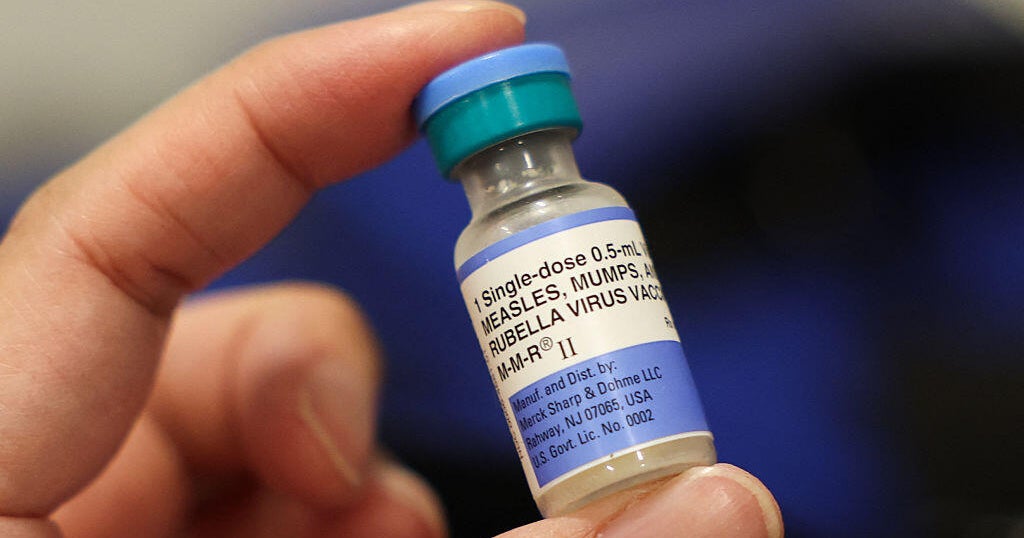What to know about gum disease following Alex Rodriguez's diagnosis reveal
Alex Rodriguez is opening up about a condition that he shares with nearly half of adult Americans.
During an appearance on "CBS Mornings" Wednesday, the baseball star turned sports commentator, who is 47, revealed he was recently diagnosed with early-stage gum disease.
"Looks can be deceiving," he said, smiling. "I just recently went to see my dentist and not thinking anything about any gum disease. And the dentist tells me the news, and then I come to find out over 65 million Americans have this gum disease."
Rodriguez, famously known as A-Rod, partnered with the health products company OraPharma to help raise awareness. He urged people to take care of their teeth and see their dentist.
According to the Centers for Disease Control and Prevention, 46% of U.S. adults 30 and older have some form of gum disease, and it's even more common after the age of 65.
What is gum disease?
Gum disease, also called periodontitis or periodontal disease, is a gum infection that damages the tissues around teeth that help keep them in place.
If left untreated, it can worsen, making it painful to chew or even lead to loosening or loss of teeth.
According to the CDC, gum disease is a leading cause of tooth loss.
While healthy gums are firm and fit snugly around teeth, symptoms of gum disease include swollen or puffy gums, tender gums, gums that bleed easily, and bright red, dark red or dark purple gums, according to the Mayo Clinic.
Other signs include bad breath and receding gums, which is when gums pull away from the teeth.
What causes gum disease?
Gum disease is typically caused by poor brushing and flossing habits, which allows plaque to build up on the teeth, the National Institutes of Health explains.
"Dental plaque that is not removed every day can harden and form tartar, and tartar build-up can lead to gum disease," the NIH's website reads.
Other risk factors include genetics, hormonal changes, certain existing conditions such as diabetes and their medications, and most significantly, smoking, the NIH says. It also notes that tobacco use can make treatment for gum disease less successful.
Can gum disease be treated?
While gum disease isn't curable, it can be managed with certain treatment options.
"The main goal of treatment is to control the infection. The number and types of treatments will vary, depending on the extent of the gum disease," the NIH says, noting that any treatment will require the patient to maintain good oral hygiene.
To help prevent gum disease or improve your chance of successful treatment, the Mayo Clinic suggests:
- Brushing at least twice a day
- Flossing daily
- Getting regular dental checkups
Sarah Lynch Baldwin contributed to this report.



